Students are excited to see the new investments that were announced today by the Province to increase suicide prevention activities targeting Indigenous youth and post-secondary students. The $2.3 million will go towards a variety of mental health-related initiatives, with $800,000 going towards the First Nations Health Authority, $200,000 for Metis Nation BC, and $1.3 million towards the Mental Health Commission of Canada. The funding for the Mental Health Commission of Canada will partially go towards grants for post-secondary institutions in BC to develop improved suicide prevention programs.
“The COVID-19 pandemic has only exacerbated the ongoing student mental health crisis,” said Grace Dupasquier, chairperson of the Alliance of BC Students. “This funding is critical, and we look forward to seeing the benefits that it brings to Indigenous youth and students across BC.”
Indigenous youth experience extremely high rates of mental health issues and suicide rates due to the ongoing legacy of colonialism and the impacts of intergenerational trauma. The suicide rate among Indigenous youth aged 15-24 is 5 to 6 times the rate seen in the general Canadian population. 70% of post-secondary students reported feeling stressed, anxious or isolated since the onset of the pandemic, with students from equity-seeking communities experiencing higher rates of stress. These challenges impose significant barriers to accessing and succeeding in post-secondary education.
The Ministry of Advanced Education and Skills Training is also considering the application of new voluntary guidelines in the National Standard of Canada for Mental Health and Well-Being for Post-Secondary Students, released by the Mental Health Commission of Canada in October. The National Standard outlines the steps necessary to build post-secondary environments that support the diverse mental health needs of students to support their personal and academic well-being.
"We are very hopeful that the province will apply the guidelines in the National Standard," continued Dupasquier, “We look forward to working closely with the government to develop a model for implementing those recommendations meaningfully in BC."
